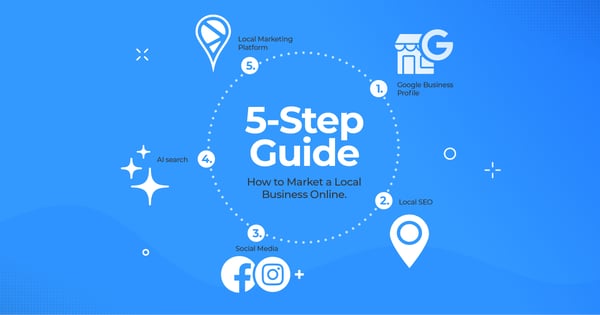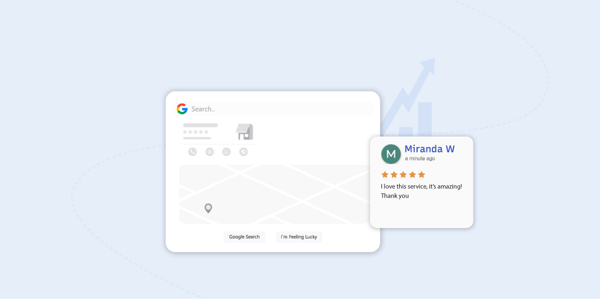If you’re a multi location business without a local SEO strategy, you’re missing out on a lot of potential: according to a 2019 study, 75% of all local searches become in-store visits. Can you afford losing those opportunities?
Similar to “organic” or “general” SEO, there are certain nuances of local SEO that marketers need to be aware of if they want to succeed in ranking their businesses locally. This guide will show you how.
-------

Study conducted by Burke and cited in the new LSA-Acquisio Report 2019
What is SEO?
SEO refers to all the tactics, techniques, and strategies you need to improve both the quality and quantity of traffic from organic search engine results pages (SERPs) to your website and landing pages. The ultimate goal of any SEO strategy is to rank first on page one of Google search results.
And LOCAL SEO?
Local SEO is the practice of optimizing your business’ online profile and searchability to rank highly in local search results. It’s one of the most effective ways to market your local business online. Simply put, Local SEO gives you an opportunity to promote your business to local users who are already looking for services or products you offer nearby.
According to HubSpot, 71% of online users check out the location of a local business before they visit it for the first time. In other words, the higher your local search ranking, the more foot traffic you will get – which translates into more sales.
The difference between SEO and Local SEO: two examples.
In the first example, a user wants information which may or may not result in them going to a specific location to buy a product. They might be looking for skincare tips, book reviews, or something like that. In other words, it’s not clear yet that they have intent to make a local purchase.
In the second example, the users intent to purchase is more obvious. They are looking for someone who can provide them, for example, the best café with wi-fi, the nearest Italian restaurant, or closest gas station.
That second example is why you should have strong Local SEO: it will lead to actual purchases, which is what local stores need to survive.
-------
Conclusion:
Mobile search has changed the world of search. People are more likely to do quick searches “in the moment” while they’re running around town. Before, people searched on their desktops and planned their purchases long in advance.
This is where Local SEO comes in. It helps your business get discovered, found, and verified – which leads customers to come in and make purchases.


